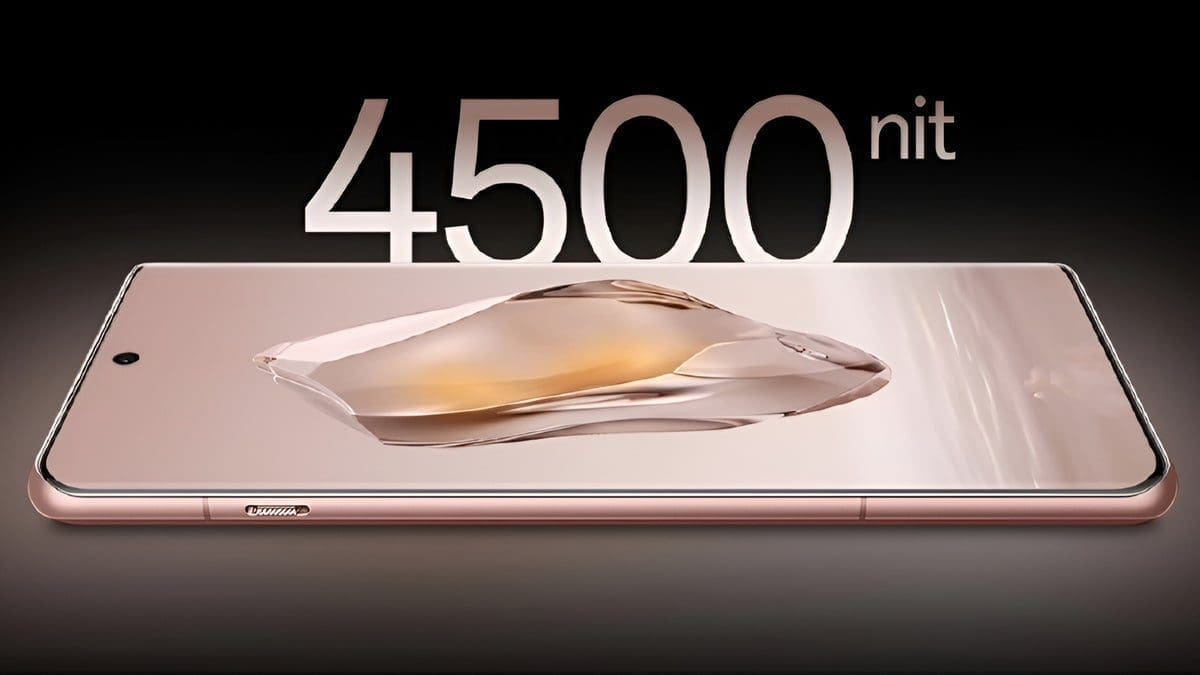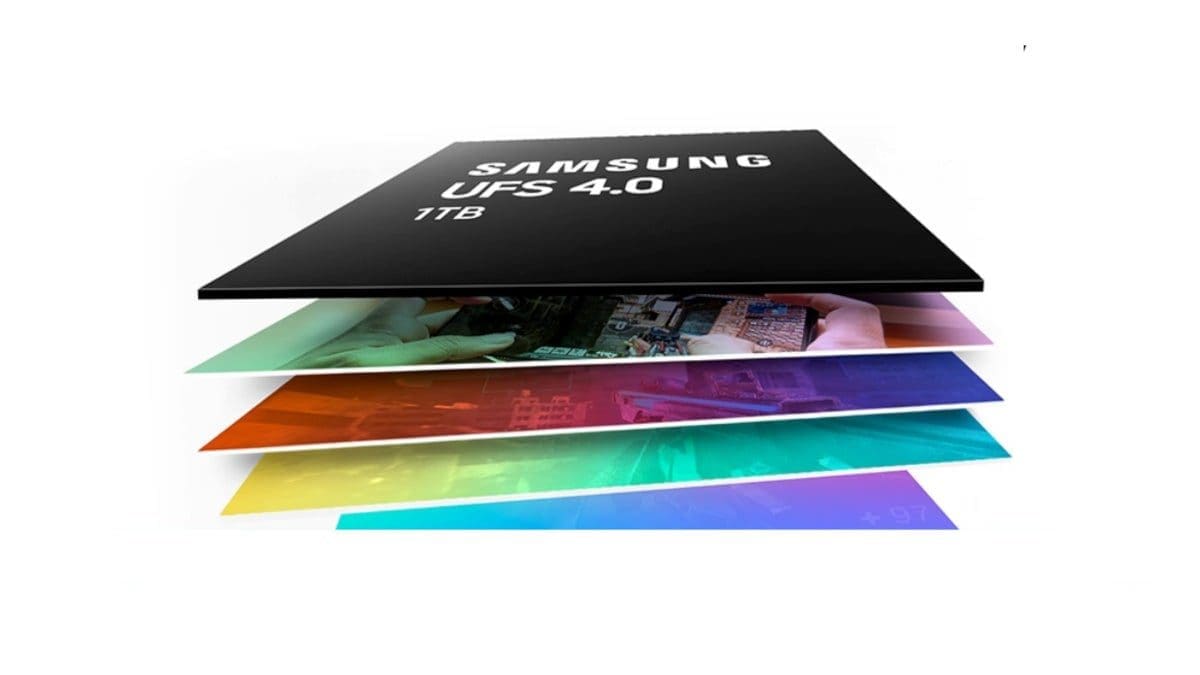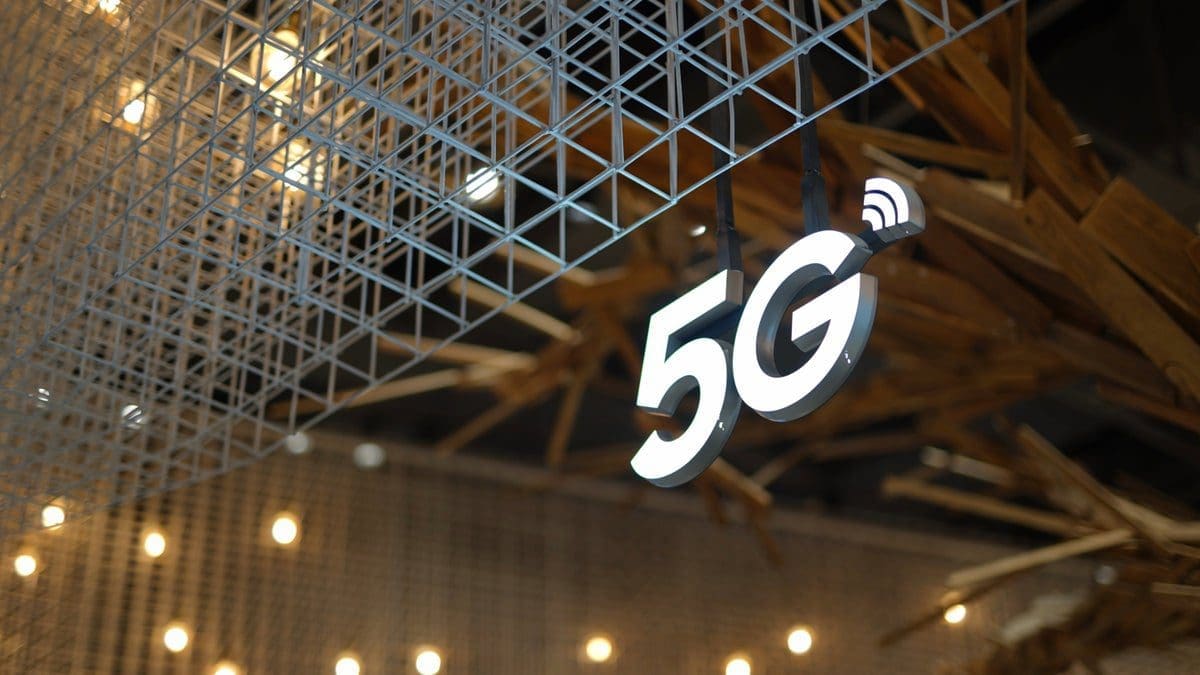Samsung recently unveiled the Galaxy Ring, a unique addition to its Galaxy ecosystem that caught my attention during the big Unpacked event. This new device is a health, sleep, and workout tracker with an impressive week-long battery life. The Galaxy Ring stands out for its sleek design and discreet profile, offering users a different approach to tracking their fitness and wellness goals.
While the Galaxy Ring may seem intriguing, some aspects of this device have left me scratching my head. Priced at $400, it competes with smartwatches like the Galaxy Watch 7, which offers more features and functionality at a lower price point. Despite Samsung’s claim of innovation, the Galaxy Ring falls short in comparison to its smartwatch counterparts.
One major drawback of the Galaxy Ring is its lack of a screen, making it less practical than smartwatches that provide visual feedback and notifications. Additionally, smartwatches like the Galaxy Watch 7 come equipped with a range of health sensors and features that enhance the user experience. The absence of essential features like a vibration motor or LED notifications further limits the utility of the Galaxy Ring.
When it comes to workout tracking, the Galaxy Ring faces significant challenges. Without a screen to display real-time data such as pace and distance, users may find it difficult to monitor their progress during exercise sessions. While automatic workout detection is a convenient feature, smartwatches offer more comprehensive tracking capabilities for various activities.
Despite its stylish design and discreet form factor, the Galaxy Ring struggles to justify its higher price tag compared to more functional smartwatches. The device’s limited compatibility with iPhones further restricts its appeal to a broader audience. As I ponder the mysteries surrounding the Galaxy Ring’s place in the market, I invite readers to share their insights on smart rings and their potential advantages in the comments below.
In conclusion, while the Galaxy Ring presents an interesting concept in wearable technology, it falls short in delivering a compelling value proposition compared to existing smartwatches. As Samsung continues to innovate in this space, it will be intriguing to see how future iterations of devices like the Galaxy Ring address these challenges and cater to evolving consumer preferences in health and fitness tracking.










